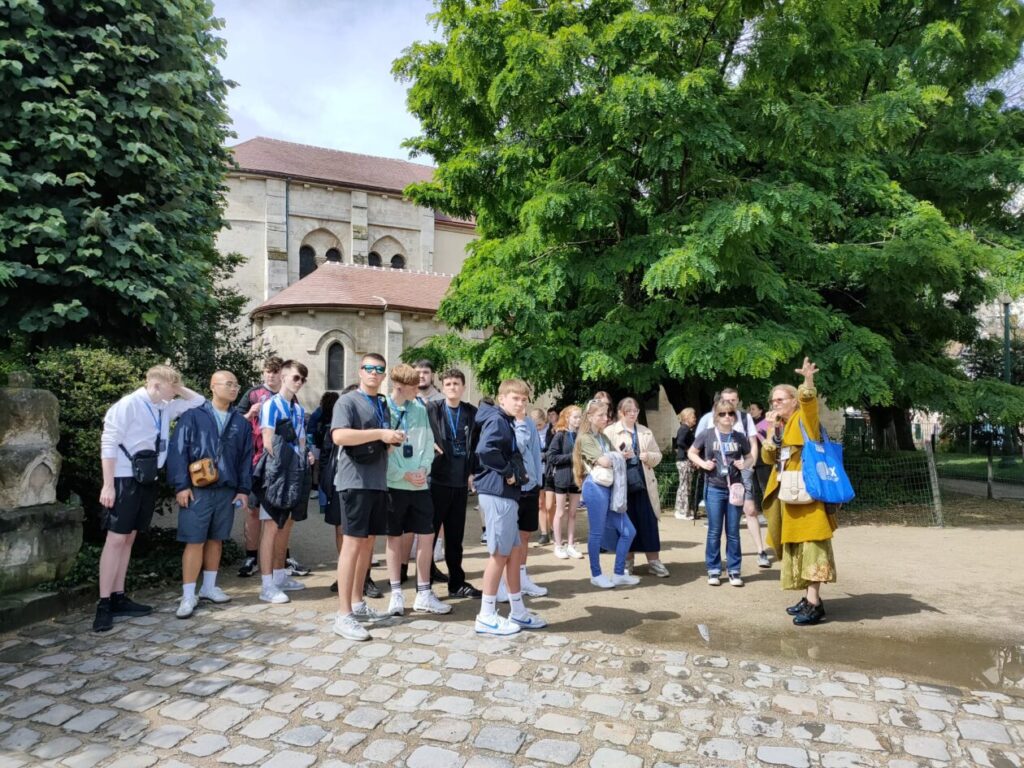Please see our Eco and Fairtrade page for latest information on recycling and what we can all do to be kinder to the planet.

Please see our Eco and Fairtrade page for latest information on recycling and what we can all do to be kinder to the planet.

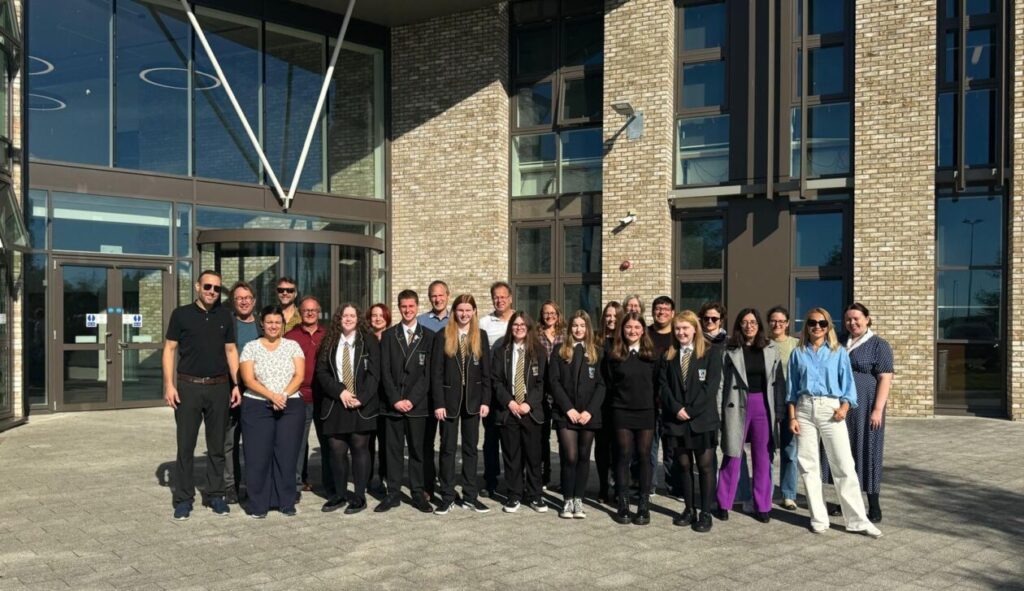

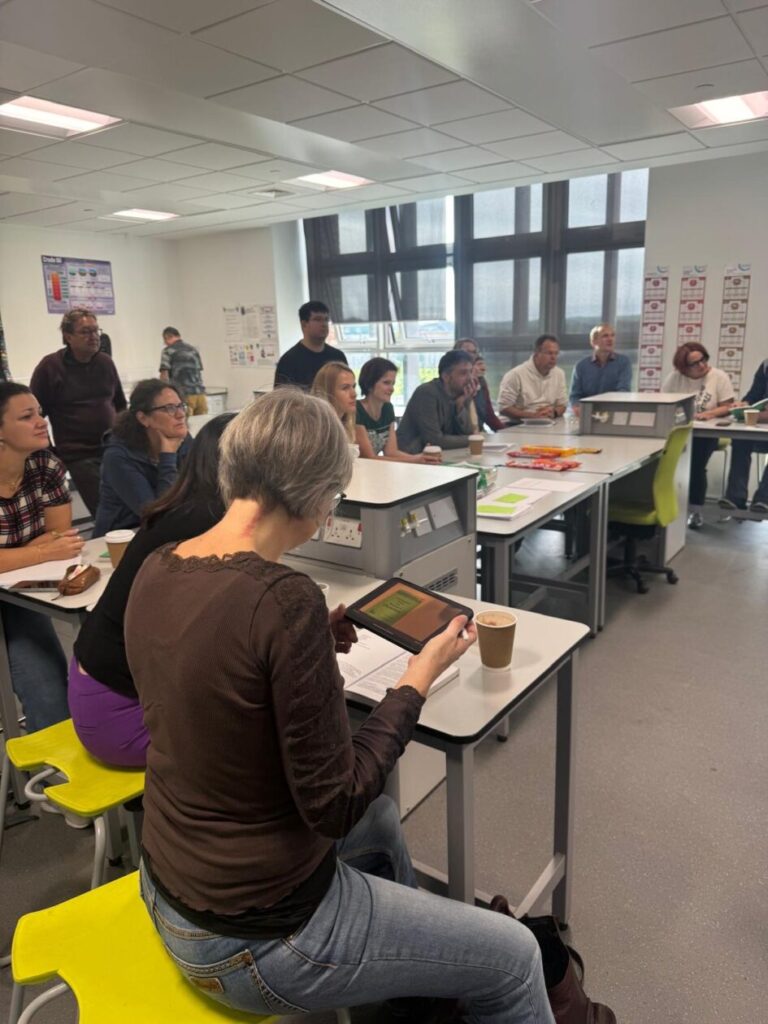
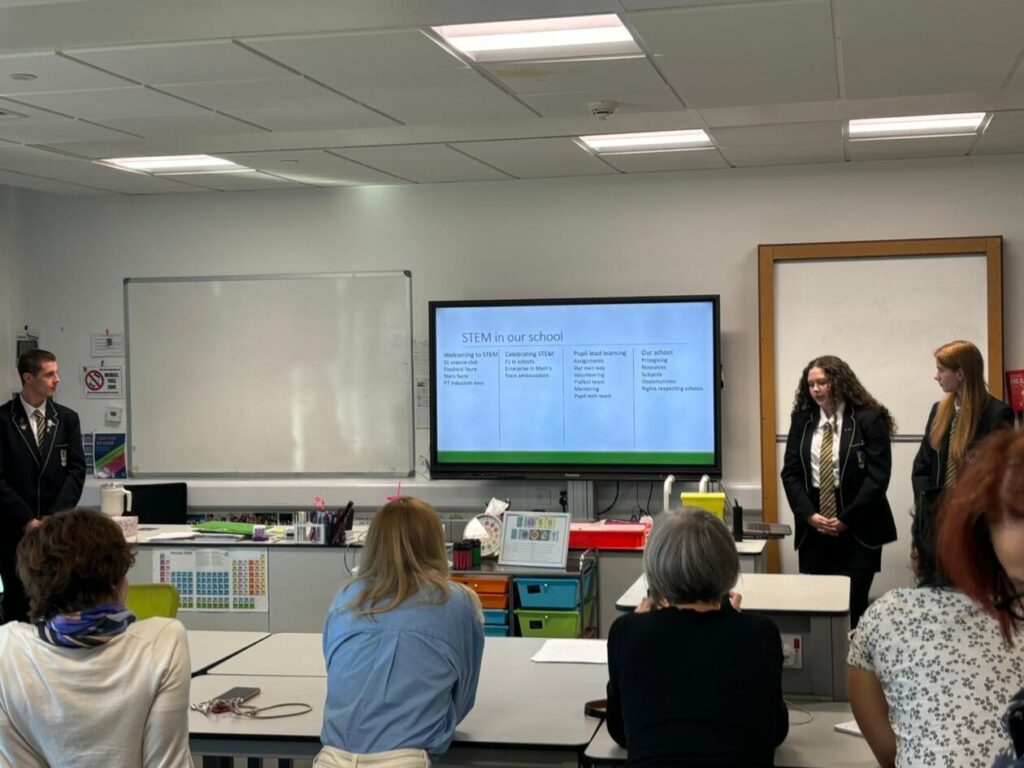
For the past two days Kilmarnock Academy have hosted 15 STEM teachers from Switzerland. The teachers visited the school to see the excellent work done throughout the school in relation to STEM.
We were chosen to host the Swiss delegates as one of few schools accredited with the STEM Nation award. The teachers were extremely impressed with all the STEM initiatives happening throughout the school. They especially praised the young people who presented to them this morning all the amazing hard work they have completed in STEM extra curricular clubs. It was clear to see by all the enthusiasm these pupils had for the field and the skills they developed through all their hard work. They represented the school perfectly.
The Swiss teachers commented on how welcoming and nurturing all staff and pupils were and left with a true reflection of the STEM efforts within the school and the inclusive ethos of the school.
What a great day at the annual fun run! There were lots of great costumes on display and everyone had a brilliant afternoon! All fun run money can be handed in at Wellbeing.









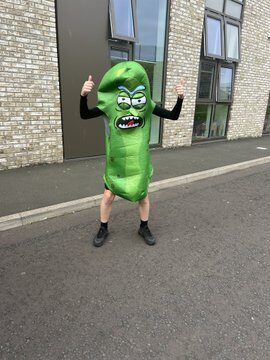





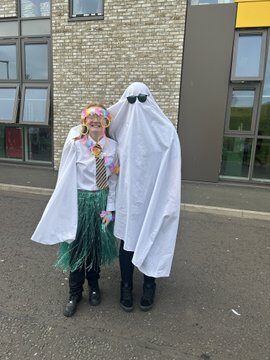




Please find below information for parents and carers in advance of the new academic session:
The Paris trip was a huge success. Here are some highlights!



